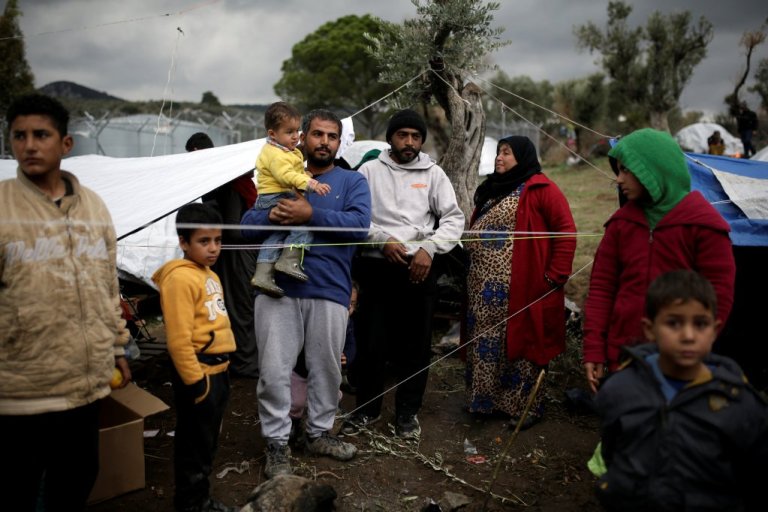The federal government of Germany intends to introduce a two-year moratorium on family reunification for beneficiaries of subsidiary protection. The draft bill, to be presented by Interior Minister Alexander Dobrindt (CSU), is currently under discussion in the government and has drawn criticism from the Catholic Church and the Green Party.
Under the new rules, relatives of people with subsidiary protection living abroad will only be allowed to join them in Germany after two years. Exceptions will be made for particularly urgent cases. The draft bill aligns with the coalition agreement between Chancellor Friedrich Merz’s conservatives and the Social Democrats.
Minister Dobrindt stated that the goal of these changes is “to send a strong signal that migration policy in Germany has changed” and to reduce so-called “pull factors” for migrants.
Currently, there are around 351,400 beneficiaries of subsidiary protection in Germany. Since August 2018, up to 1,000 relatives of such migrants have been allowed to enter the country each month. Family reunification for migrants without refugee status was previously suspended from March 2016 to July 2018 due to system overload.
The new draft bill also proposes to abolish the accelerated path to citizenship after three years for particularly well-integrated migrants. This provision was introduced last June and requires a high level of German language proficiency along with proof of integration.




